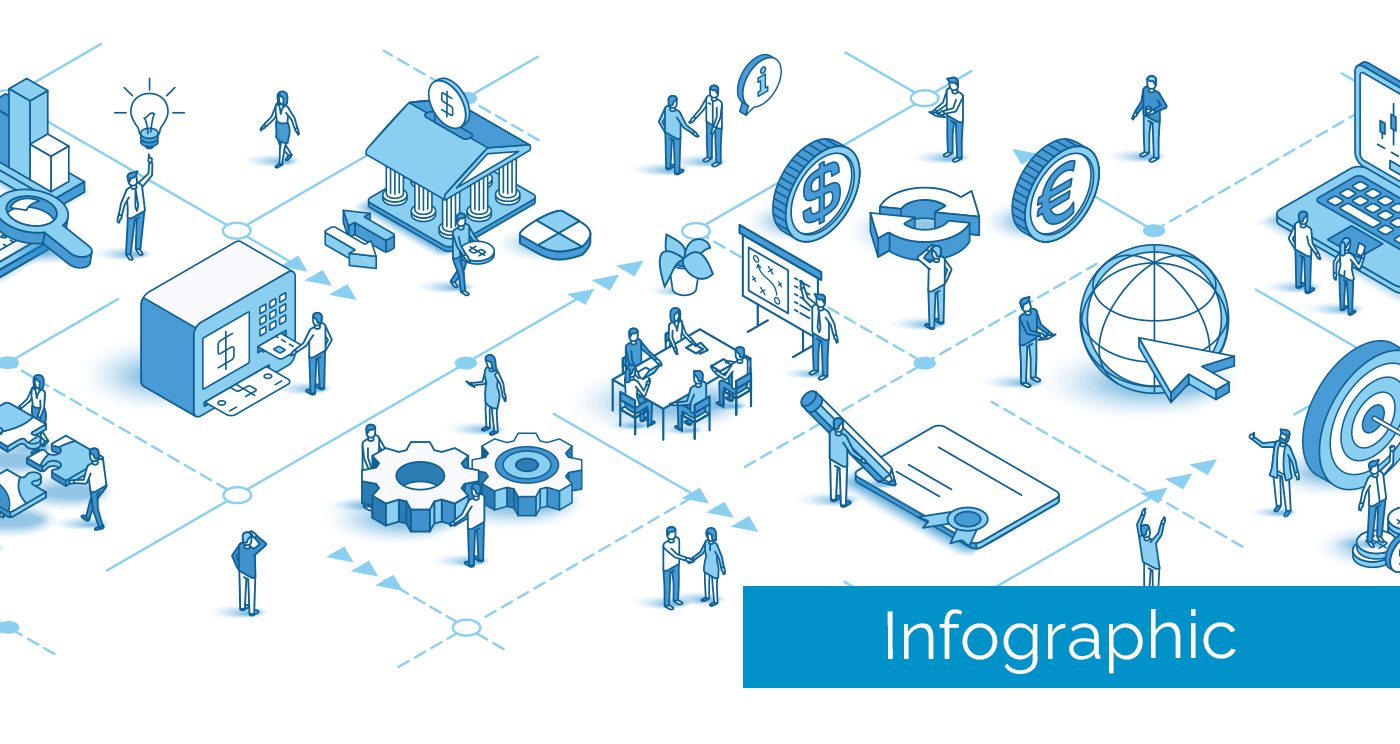IT Transformation in the Public Sector
In our third episode of Status Go, Jeff Ton sits down with Aleta Jeffress, Chief Information and Privacy Officer for the City of Aurora, Colorado. Having lead IT teams at the state, local and federal level, Jeffress lends us her expertise on Digital Transformation and effective leadership principles required for change management and challenging the status quo.
Private vs. Public
Having started her career in development and startups, Jeffress says government processes don’t have the ability to pivot quite as quickly, budgeting takes longer and overall, more permissions are needed. In order to move quickly, you must maneuver through the system with extreme clarity as to what process or platform you are going to leverage to accomplish your goal. However, while the private space may win on speed and agility, the public sector comes out ahead on collaboration amongst different organizations, which talk freely and often about similar services they provide – sharing methods, challenges and even recommending vendors. The ability to call another CIO or CISO and leverage their knowledge means more expeditious learning and less depletion of resources.
While working for a private company or a corporation, work life and private life can be reasonably separated, but that is not the case when you are leading the teams that keep departments such as public safety running. Jeffress has learned to deal with this “always on” mentality by selectively casting her focus; keeping an ear to the ground for major events affecting the community and governmental departments, even turning to the news and other publications for a heads up as to what she may be walking into the next day. When specifically asked about the awesome responsibility of the technology around dispatch, police and fire, Jeffress explains there are many ways to diminish risk and manage options, “We really have a lot of mitigating controls in place, so if something does happen we absolutely know…here’s is how we are going to fail over or if it’s a situation where we don’t even fail over to tech, maybe we fail over to a paper process, for example in the dispatch center if we can’t roll over to another facility.”
Leadership and Change Management
A willingness to challenge the status quo, effective change management, and excellent communications are cornerstones for any leader guiding their team, organization or community through a transformation. Jeffress shared her perspective and approach to navigating challenges and creating opportunities in her role.
For example, implementing a cloud strategy for the public sector presents difficulties, specifically in regard to the sheer number of highly integrated and extremely customized legacy processes. When just one component migrates to the cloud, the ability to access data and customization options change also. There may be hundreds of reports build on your old ERP system that can’t be regenerated in a cloud based system.
The inability to use the systems and processes you’ve always relied on necessitates the examination of what is essential and what is expendable. This kind of examination and resulting adjustments to the processes is a challenge for a group that’s been operating this way for a very long time.
Jeffress says these challenges require a lot of conversation where she always seeks first to understand, “what are these people really trying to use this application for, what are their challenges, what do they wish it could do better.” Often with this kind of open dialog, it may even be possible to guide people in coming to their own conclusions, realizing there is a more effective way to operate.
Over the course of a second and third audit Jeffress says things get easier and the adjustments aren’t as difficult. Often different lines of business or departments (Jeffress supports 19 or 20) are able to start replicating changes – augmentations made for one department also work well for another. While this replication eases the burden of change, a culture of trust and openness is still required.
Challenging the Status Quo
Jeffress believes there are three keys to challenging the status quo. First, similar to above, listening and relationship building with your team and your peers is paramount. Second, clearly articulating the “why” behind any new idea or objective you are advocating; the impact must clearly be explained. Third, present the facts, explain the risks and share where you can (and where you cannot) mitigate those risks.
But, more than anything, Jeffress’ parting words revolve around extreme consistency and “knowing your leadership superpower.” Her advice crosses all industries and all levels: “Be sure that you are confident in, not only what your personal value is, but the value you bring to an organization. If you can really figure that out and be able to speak intelligently about that, it plays into everything that you do. It plays into your leadership, it plays into how you manage people, how you delegate information and how you build teams.
Hear Aleta Jeffress’ share her leadership principles and DX experience
Knowledge is power
Navigate modern IT challenges with actionable advice and expert insights, enabling you to tackle complexities, seize opportunities, and stay ahead of the curve.








